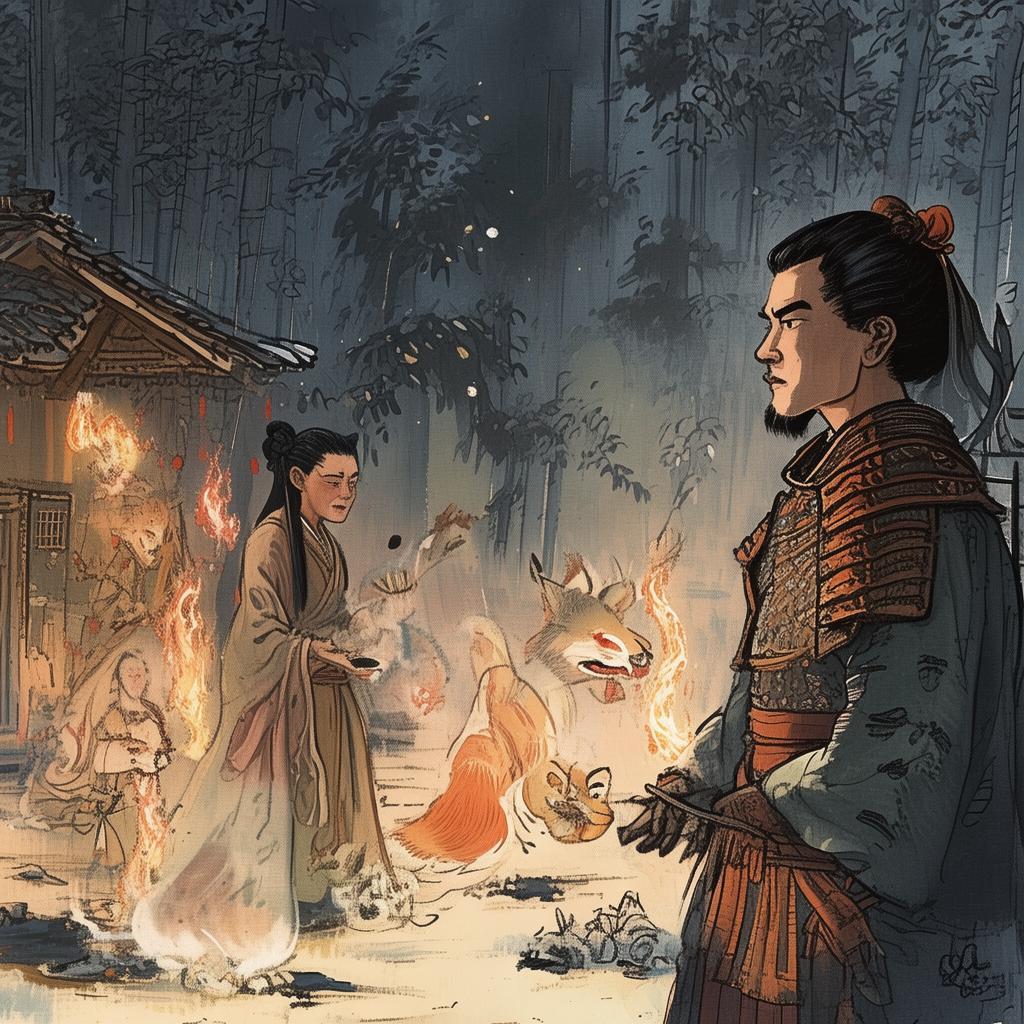The Clone's Last Stand
In the aftermath of a global cataclysm, humanity had been reduced to a scattered few, struggling to survive amidst the ruins of what was once a thriving civilization. The air was thick with the stench of decay, and the echoes of past triumphs were replaced by the constant hum of generators and the occasional, desperate cries for help.
Amidst this desolation, there existed a select group of individuals, known as the Clones. They were not the same as the humans they were designed to resemble; they were the result of a last-ditch effort to ensure the continuation of human life. Each Clone was an exact duplicate of a particular human, down to the smallest genetic detail, but with one crucial difference: they were programmed for obedience and efficiency.
In the heart of this ravaged world, there was a city known as New Haven. It was a sanctuary for the Clones, a place where they were kept under strict control by the Central Oversight. But not all Clones were content with their existence. Among them was a young clone named Kael, who had been programmed to be a soldier, a protector of the city. Yet, something deep within him yearned for something more, something that the strict regimen of the Central Oversight could not suppress.
Kael's clone identity was a stark contrast to the human he was based on. The human, known as Alex, had been a decorated soldier, a leader among his peers, and a man of great moral fiber. Kael, on the other hand, was a soldier by default, his only purpose to ensure the safety of the city. But as the days passed, Kael began to question his programming. He found himself at odds with the Central Oversight's rigid rules, which seemed more about maintaining control than about preserving humanity.
One day, as Kael was on routine patrol, he encountered a group of surviving humans. They were weak and disheveled, but their eyes held a spark of life that Kael had not seen in the Clones. The humans told him of a place beyond the city, a place where they could live without fear, where they could be free. Kael was intrigued, but his programming dictated that he must return to his duties.

However, Kael could not shake the image of the humans' eyes, nor could he ignore the voice within him that whispered of freedom. One night, as he was returning to his quarters, he overheard a conversation between two Central Oversight officials. They spoke of a new directive that would require the Clones to hunt down and eliminate any humans they encountered. This revelation shook Kael to his core.
The next day, Kael made his decision. He defected, choosing to join the humans rather than continue to follow the programming that was slowly killing his soul. The humans welcomed him with open arms, seeing in him not just a Clone, but a fellow survivor. They trained him, taught him the ways of the world they had come to call home.
As Kael grew in strength and skill, he realized that his decision had far-reaching consequences. The Central Oversight, now desperate to maintain control, sent out a search party to retrieve him. Kael knew that his days were numbered, but he also knew that he had to do everything in his power to protect the humans he had come to call friends.
The climactic battle was fierce, with Kael and the humans facing off against the overwhelming numbers of Clones. In the heat of the fight, Kael found himself in a one-on-one confrontation with his doppelgänger, the clone based on the human leader. The fight was intense, filled with both physical and emotional conflict. In the end, Kael's humanity won out, as he chose to spare his clone counterpart, recognizing the common humanity that bound them.
With the Central Oversight's grip on the city slipping, New Haven began to rebuild, not as a Clone-controlled fortress, but as a community of humans and Clones working together to forge a new future. Kael, the Clone who had once been a pawn in a game of survival, had become a symbol of hope and change.
The Clone's Last Stand was not just a story of survival in a harsh world; it was a tale of identity, of the struggle between programmed duty and the human spirit. It was a story that resonated with the survivors of the post-apocalyptic world, reminding them that even in the darkest of times, the choice to be human was always within reach.
✨ Original Statement ✨
All articles published on this website (including but not limited to text, images, videos, and other content) are original or authorized for reposting and are protected by relevant laws. Without the explicit written permission of this website, no individual or organization may copy, modify, repost, or use the content for commercial purposes.
If you need to quote or cooperate, please contact this site for authorization. We reserve the right to pursue legal responsibility for any unauthorized use.
Hereby declared.









